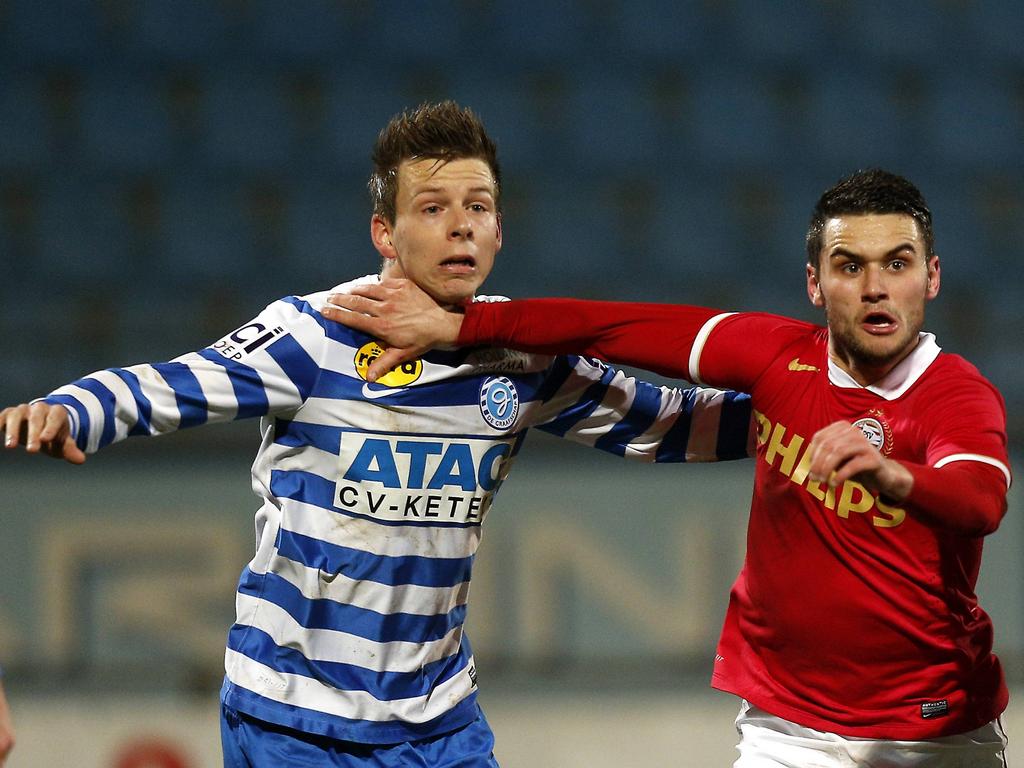Football: India plans anti-graft unit after match-fix bid

India's football chiefs will set up an anti-corruption unit after reports emerged that an I-League club may have been targeted by illegal betting syndicates, a top league official said Wednesday.
Mumbai FC club official Atul Bagdamia told a joint workshop organised by FIFA and Interpol in New Delhi last week that he had been approached by a businessman last year who offered to sponsor a visit by his team to Malaysia to play a series of friendlies.
When subsequent calls indicated that the mystery Malaysian wanted to fix matches, the club broke off contact but did not report the matter to the All India Football Federation.
The Indian Express newspaper quoted Bagdamia as saying: "When they mentioned match-fixing, I immediately broke contact with them."
I-League chief executive Sunando Dhar said that although no damage was done, clubs had been told to report all such approaches in future even as the setting up of an anti-corruption unit was being planned.
"It could be a hoax, or an one-off approach, but we have to be careful now," Dhar told AFP.
"It is better to take precautions. Among the measures being taken is the setting up of an anti-corruption unit."
Last month five players and three team officials from a Malaysian club were handed life bans and fined 20,000 ringgit ($6,000) each after being found guilty of match-fixing.
The I-League had not been known to be a target of illegal bookmakers, who have usually been associated with India's most popular sport, cricket.
A cricket-fixing scandal in 2000 saw three Test captains, Hansie Cronje of South Africa, Mohammad Azharuddin of India and Salim Malik of Pakistan, being banned for life by their respective boards.
The cash-rich Indian Premier League's Twenty20 tournament was embroiled in a spot-fixing controversy last year that led to life bans on three cricketers, including former Test bowler Shantakumaran Sreesanth.





